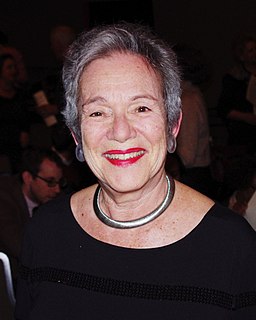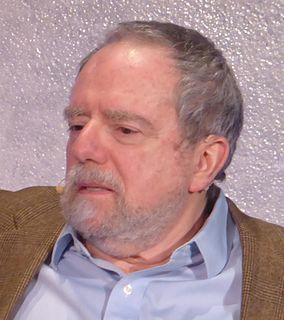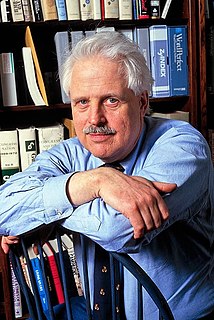A Quote by Edith Pearlman
I lived around the corner from Saul Bellow.
Quote Topics
Related Quotes
I've always believed that poetry must speak of realities as least as complicated as those spoken of in prose. I've read books of poems, even single poems, which are, for me, at least the equivalent of a short story or a novel. Martin Amis, in an interview with Saul Bellow in the early eighties, quotes Bellow asking, "Why not address 'the mysterious circumstance of being', say what it's like to be alive at this time, on this planet?" This has been and still is my ambition.
That certain snobbery of certainly the Parisian - combined with a complete denial of your historical legacy, is just awful. That's a funny thing about France. Saul Bellow wrote somewhere that he saw right through the French. He lived there. He wrote The Adventures of Augie March in Paris, and there's no one better than him to say what's unbearable about the French.
In one of his puckish moods Saul talked the president of a university into letting him anonymously take an examination being administered to candidates for a doctorate in community organization. "Three of the questions were on the philosophy of and motivations of Saul Alinsky," writes Saul. "I answered two of them incorrectly."




































